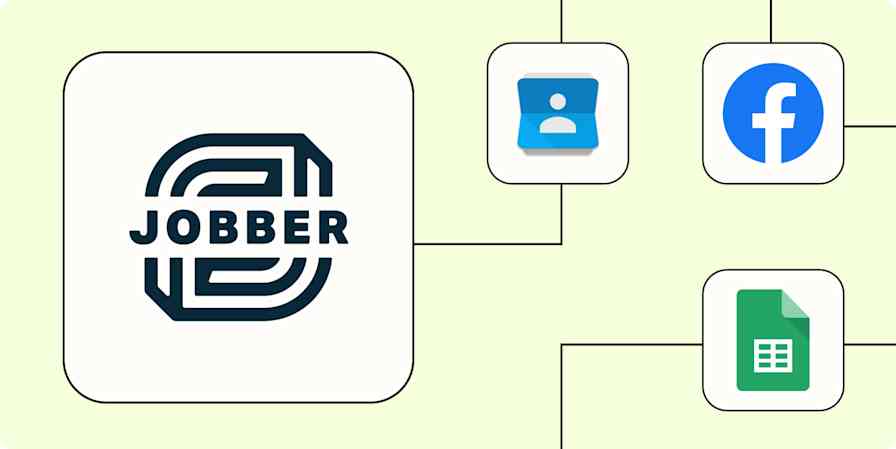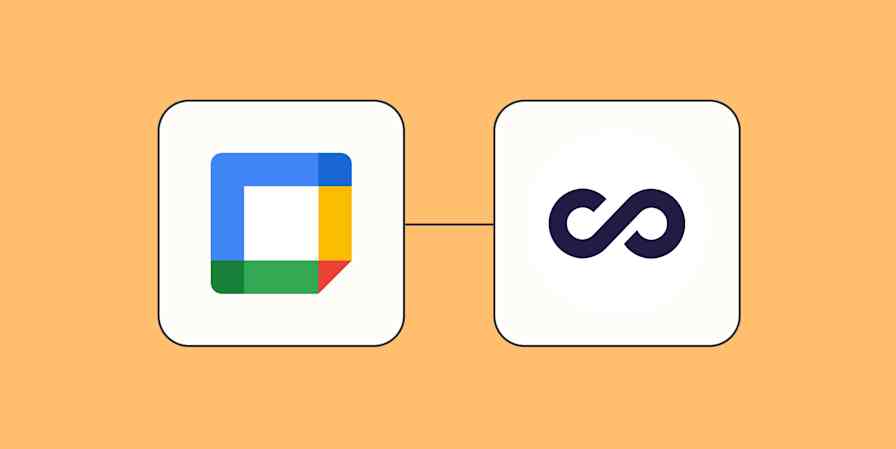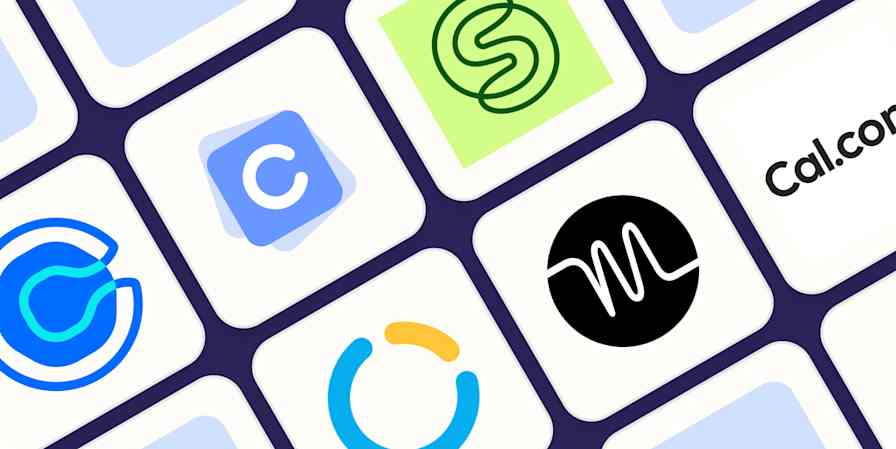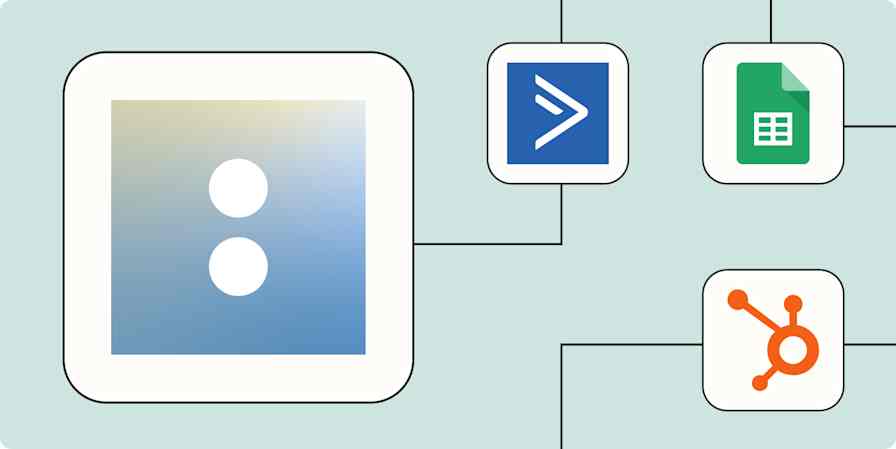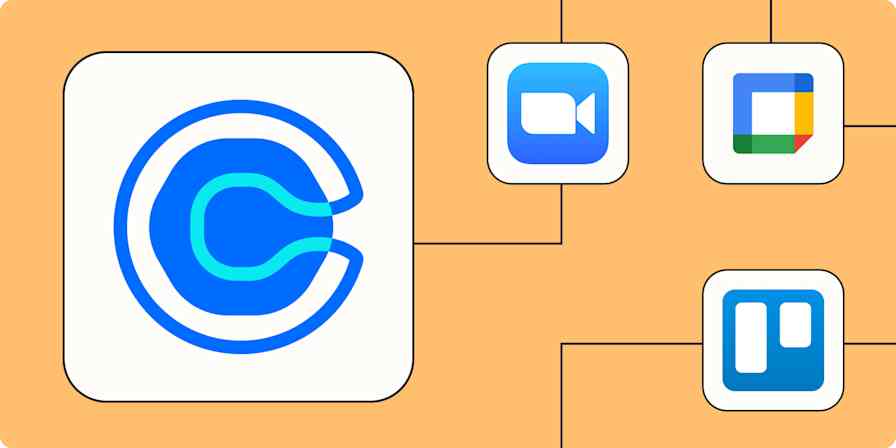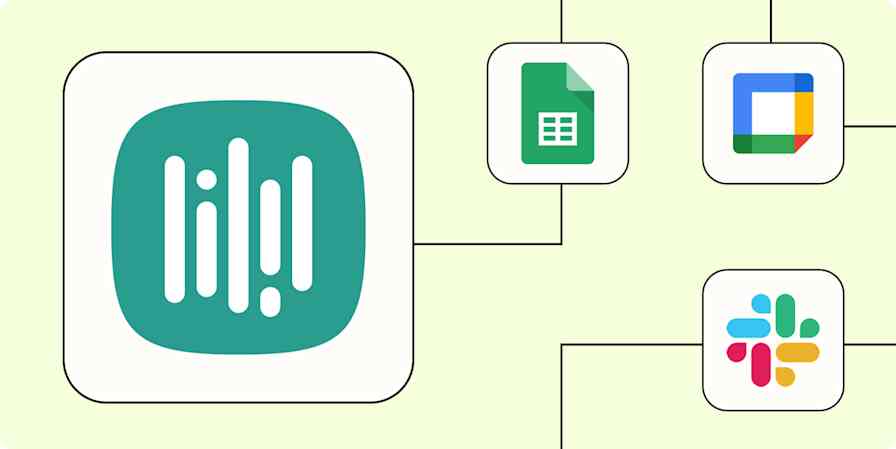App comparisons
6 min readCalendly vs. Acuity: Which scheduling app should you use?
By Nicole Replogle · February 2, 2024

Get productivity tips delivered straight to your inbox
We’ll email you 1-3 times per week—and never share your information.
mentioned apps
Related articles
Improve your productivity automatically. Use Zapier to get your apps working together.

